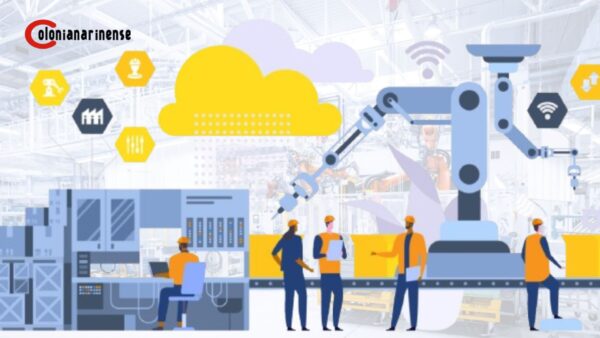Manufacturing Business: It’s Advantages and Disadvantages

Manufacturing Business
Manufacturing Business: Everything you purchase in the market—whether it’s clothing, electronics, or furniture—has gone through a process of creation known as manufacturing. It’s the cornerstone of countless industries around the world. If you’re considering starting your own manufacturing business, you’re likely seeking a deeper understanding of what this entails. To help you make an informed decision, let’s break down the key advantages and disadvantages of running a manufacturing business.
Advantages of Manufacturing Businesses
1. Consistent Demand
Manufacturing forms the backbone of the global economy, producing the goods that people rely on every day. This consistent need for products translates into a steady demand, ensuring a regular flow of revenue. Compared to other sectors, manufacturing enjoys a relatively stable market, allowing businesses to plan for the long term and make strategic investments without the constant worry of market rejection.
2. Potential for High Profits
A major draw of the manufacturing industry is the opportunity for significant profit margins. As production volume increases, the cost per unit decreases, allowing manufacturers to sell products at competitive prices while still maintaining healthy profits. Moreover, as businesses refine their production processes and reduce waste, they can further enhance profitability. If you operate in a growing sector, the potential for substantial, long-term profits is quite high.
3. Embracing Technology
Manufacturing is often at the forefront of technological advancements. The use of automation, robotics, and advanced software systems can dramatically increase production speed and quality. By leveraging cutting-edge technologies, manufacturers can stay competitive in the market while meeting customer demands for higher-quality products.
4. Control Over Production
One of the key benefits of owning a manufacturing business is having full control over the production process. This allows you to ensure that every product meets your standards and aligns with your brand’s values. From sourcing raw materials to the final stages of production, this control is vital for maintaining quality and ensuring customer satisfaction.
5. Scalability
As demand grows, manufacturing businesses have the ability to scale operations. This can involve expanding production capacity, introducing new product lines, or entering new markets. Scalability is crucial for long-term success, enabling manufacturers to keep pace with changing market conditions and customer needs.
6. Diversification Opportunities
A well-established manufacturing operation can also explore diversification. By expanding the range of products or entering new geographical markets, businesses can reduce their exposure to market downturns. Diversification allows manufacturers to connect with new customers and sustain growth even during challenging economic periods.
Disadvantages of Manufacturing Businesses
1. High Start-Up and Operating Costs
Launching a manufacturing business requires significant upfront investment. Costs for machinery, technology, and facilities can be substantial. Additionally, ongoing operational expenses—such as maintaining equipment, purchasing materials, and paying employees—can quickly erode profits if not carefully managed. As a business owner, it’s crucial to have a solid financial plan in place to cover these expenses while maintaining profitability.
2. Complex Regulations
Manufacturing businesses must comply with numerous regulations governing safety, quality, and environmental impact. Navigating these regulations can be challenging, and failure to comply can result in hefty fines, legal issues, and damage to your reputation. Understanding and adhering to these rules is essential for protecting your business and ensuring long-term success.
3. Risk of Obsolete Technology
In today’s rapidly evolving technological landscape, there’s always the risk that the equipment or systems you invest in today may become outdated tomorrow. This can lead to inefficiencies or require additional investment to upgrade your processes. Keeping up with technological advancements is crucial, but it comes with financial risks that must be managed carefully.
4. Supply Chain Vulnerabilities
Manufacturing businesses often rely on a global supply chain for raw materials and components. Disruptions in the supply chain—whether due to political instability, economic fluctuations, or logistical issues—can result in delays, increased costs, or compromised quality. Developing a strong, resilient supply chain strategy is essential for minimizing these risks and ensuring smooth operations.
5. Intense Competition
The manufacturing sector is highly competitive, with businesses constantly vying for market share. This competition often leads to price cuts, which can reduce profit margins. To stand out in a crowded market, manufacturers must continuously innovate, improve efficiency, and differentiate their products from those of competitors.
Final Thoughts
Starting a manufacturing business can be a highly rewarding venture, but it requires careful consideration of both the benefits and challenges. If you’ve identified a product with strong market demand and have a solid plan for production, there’s significant potential for success. However, you’ll need to be prepared for the initial financial outlay, regulatory complexities, and the need to stay competitive in a fast-moving industry. With the right approach, manufacturing can offer a stable, profitable business model that thrives over time.





